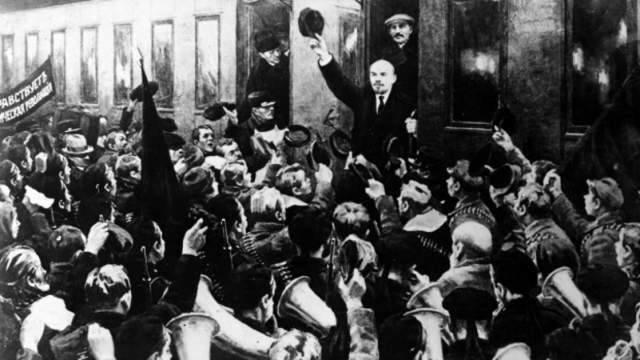
Banks and Ministers
Pravda No. 32, April 27 (14), 1917. Published according to the text in Pravda.
N. N. Pokrovsky, the former Minister of Foreign Affairs and the present Vice-Chairman of the Central War Industries Committee, has become a member of the Board of the Russian Bank for Foreign Commerce. Count V. N. Kokovtsov, the former Chairman of the Council of Ministers, has also become a member of the Board.

